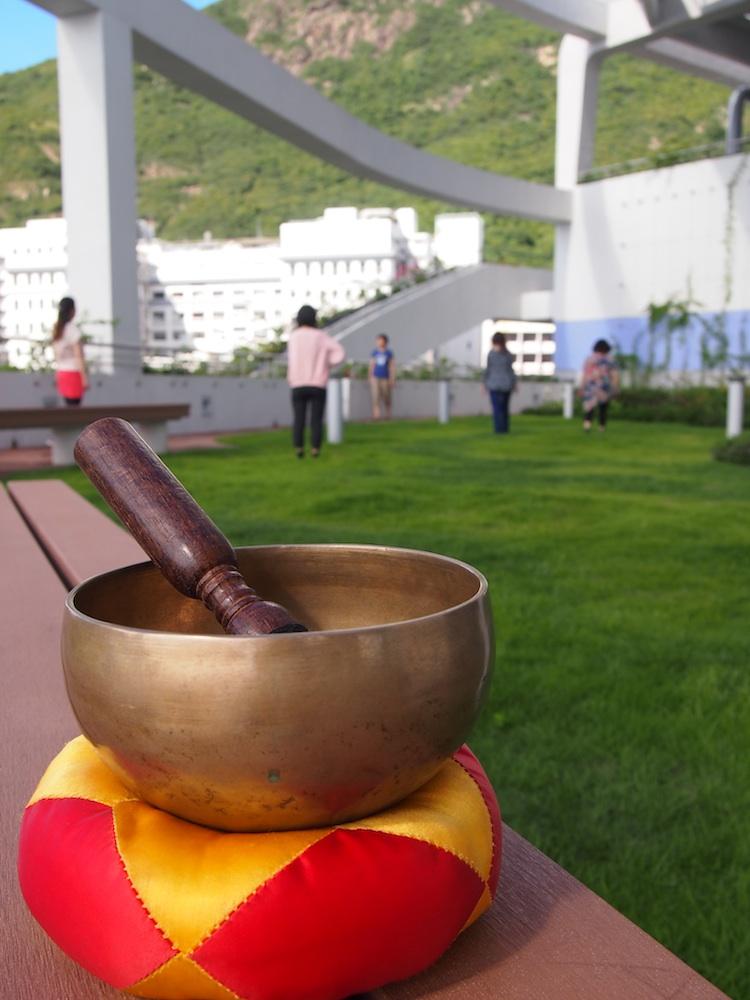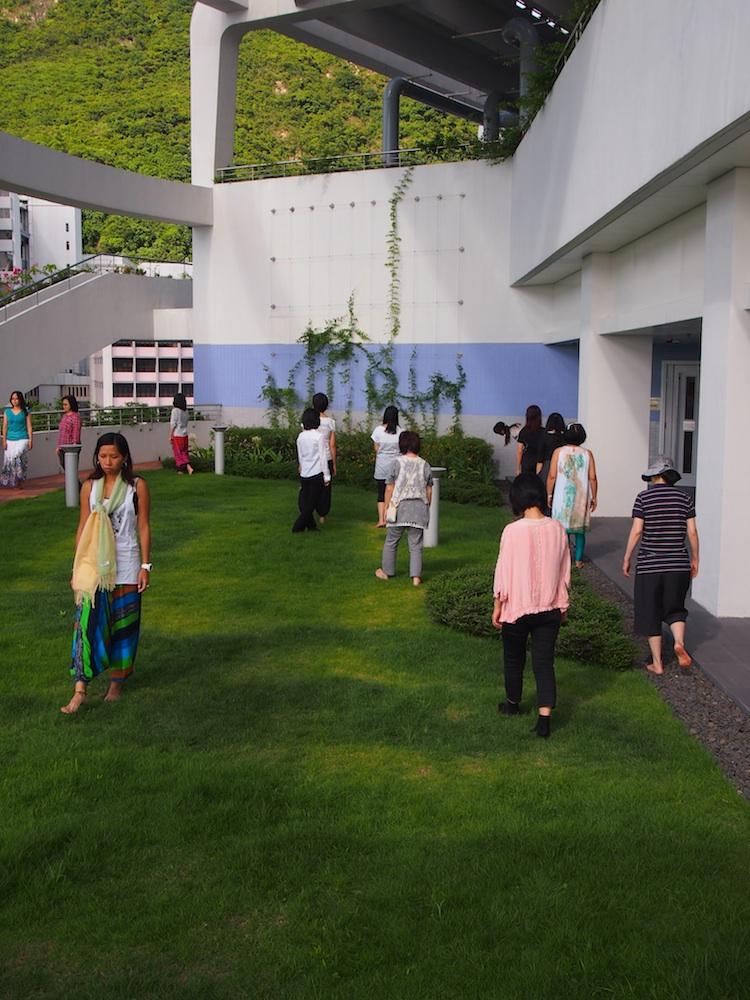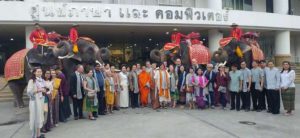Are mindfulness and meditation more than modern buzzwords for relaxation?
Could these practises really improve your wellbeing?
Mindfulness and meditation have been important in Buddhism for centuries, but more recently, medical research has found evidence of concrete benefits to mental and physical health.
In 2011, Judson A. Brewer, assistant professor of psychiatry at Yale University, conducted a study using magnetic resonance imaging (MRI) to examine the brain activity of people who meditate. His study, which was published by the US National Academy of Sciences, concluded that, “Meditation has been shown to help in a variety of health problems, such as helping people quit smoking, cope with cancer, and even prevent psoriasis”.
At the Massachusetts General Hospital, doctors routinely recommend meditation for patients with hypertension, after several studies have shown its positive effect. At the Medical College of Georgia, Dr. Vernon Barnes has concluded that those who meditate are more able to reach a state of relaxation, which keeps blood vessels open. Another study at The American University in Washington showed subjects who were at an increased risk of hypertension were able to meaningfully decrease blood pressure by meditating for 20 minutes daily.
In Hong Kong, there are several organisations promoting and teaching mindfulness and meditation, as part of a quotidian, preventative approach to health care. The University of Hong Kong’s Centre on Behavioral Health regularly hosts one-day mindfulness retreats. This year they have invited well-known speaker and master teacher, Venerable Ajahn Brahm, from Australia to lead a one-day retreat:
“Calm Mind = Wise Mind” for the benefit of those interested in developing their practice.
Born in England, Ajan Brahm took an unconventional path after graduating from Cambridge University with a degree in Theoretical Physics. Employable by international space agencies, global software giants or the biggest financial institutions, Brahm instead became a monk. He travelled to Thailand to study with the Venerable Ajahn Chah Bodhinyana Mahathera, and finally settled in Australia, where he is now the Abbot of Bodhinyana Monastery, in Serpentine, and the Spiritual Director of the Buddhist Society of Western Australia. Ajahn Brahm is described as a man with a great sense of humour, a relaxed teaching style and a natural respect for all people.
The Centre on Behavioral Health exists to promote a ‘Mind-Body-Spirit’ approach to health and wellbeing. Much of modern healthcare today revolves around ‘curing sickness’. As a result, many people do not consider their health until they encounter a problem. ‘Mind-Body-Spirit’ means paying attention to health and wellbeing as a part of daily life. This approach can prevent many modern health problems, especially chronic, lifestyle diseases, and is scientifically proven to improve health outcomes. The Centre’s work takes an interdisciplinary approach to health, drawing from a variety of sources for their methods. Venus Wong, the Centre’s Assistant Program Director, says that by making wellbeing practises a part of everyday life, people can build a “savings account”, which can bolster them through difficult or stressful times. Not only do people learn to find joy within these practices, but also they feel empowered and in control of their health.
The CBH’s work has three focal points: education, research and training. The Master of Social Sciences in Behavioral Health is a program aimed at healthcare and social service professionals. The teaching develops clinical practices that integrate a variety of evidence-based, health promoting approaches, including meditation, traditional Chinese Medicine and yoga.
The research conducted by the CBH aims to turn the Mind-Body-Spirit approach into a science. In past years the Centre has conducted empirical research into psychosocial clinical interventions, public health and mental health, post-traumatic growth, cancer survivorship, grief and bereavement, to name but a few.
The CBH’s professional and community training courses provide practical instruction in a prevention-first approach to wellbeing while integrating evidence-based theory and methods.
The Ajam Brahm event “Calm Mind = Wise Mind” will bring together around 100 people for a full day of mindfulness. Brahm will lead Dharma talks, meditation practice and also mindful eating. Mindful eating means contemplating the entire process of consuming food. Taking a bowl of rice as an example, Wong explains that you will stop and appreciate every stage in the production of that particular. It might look like the bowl of rice you ate yesterday, and probably you will eat one tomorrow too, but being mindful with this bowl means thinking about the environment, the sun, the soil, the work of the farmers who grew it. It means thinking about how it travelled to a factory to be packaged, and was finally sold in a shop. It was then prepared by someone in a kitchen. Eating a bowl of rice mindfully means appreciating every step along the way from the seed to the table.
This is the third time the CBH has been a part of such an event with Ajahn Brahm. “His way of teaching is very helpful, especially for those who are not familiar with Buddhist teachings”, says Venus Wong. The event is held in the university setting to encourage people from all walks of life to attend. The neutral university environment removes some of the Buddhist symbols that might make non-Buddhists feel uncomfortable. Mindfulness and meditation can benefit everyone, not just those who subscribe to the Buddhist faith. Venus Wong says that a previous participant of the Christian faith told her that the mindfulness experience made him feel closer to his god.
Ultimately, the Centre on Behavioral Health’s vision is that the Mind-Body-Spirit approach to health and wellbeing is seen as a science. This will bring great benefit to society and significantly reduce the burden on the healthcare system. In the fast-paced Hong Kong life, events like Ajan Brahm’s encourage people to stop, look inward and contemplate, and to take charge of their health and happiness.
We aspire to empower people with a sense of renewal and energy for growth and transformation.
















